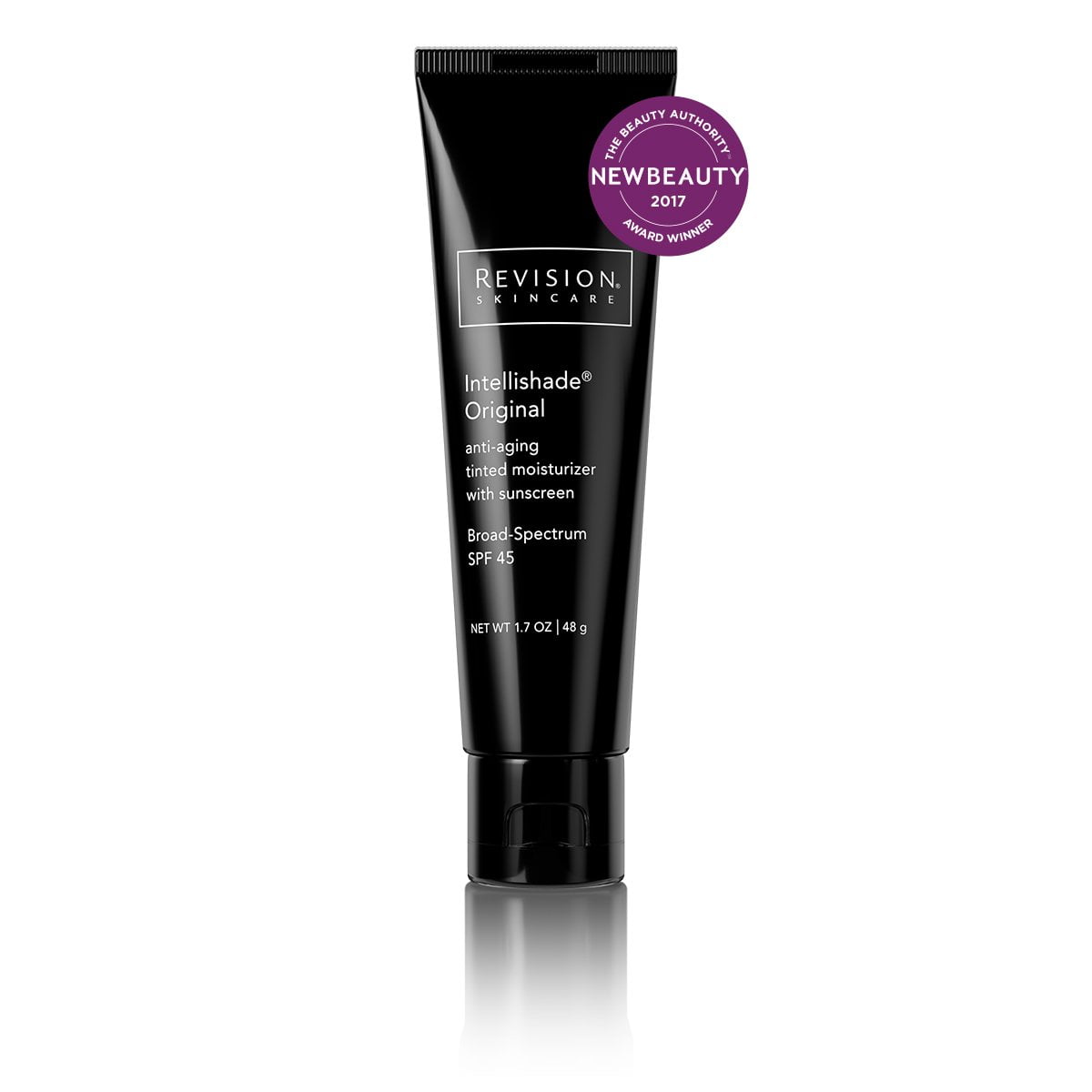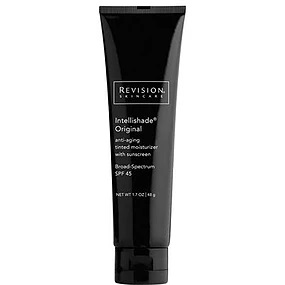5 Reasons You Should Wear Sunscreen on Your Face Daily
Do you wear sunscreen daily? If not, you’re not alone. According to a study published in the Journal of the American Academy of Dermatology, most Americans don’t apply sunscreen at all. Research shows that only 18.1 percent of men and 42.6 percent of women apply sunscreen to their faces regularly when spending more than an hour outside. Research also shows that going to sunscreen can be damaging to your health. Here’s why you should wear sunscreen on your face daily.
Sunscreen Provides Anti-Aging Benefits
It’s no secret that we all want young, healthy skin. One trick to maintaining your youthful appearance for as long as possible is to wear sunscreen regularly. That’s because the sun’s harmful ultraviolet (UV) rays can speed the aging process. In fact, one study showed that UV exposure is responsible for up to 80 percent of visible signs of aging in Caucasian individuals.
This occurs because UV light damages elastin, which are fibers in the skin that help hold its shape. When these fibers break down, the skin begins to sag and loses its ability to return to its normal shape after stretching. This results in wrinkles and age lines.
To get the most out of these anti-aging benefits, it’s best to purchase a broad-spectrum sunscreen that’s between SPF 15 and SPF 30. Get in the habit of applying it at least 30 minutes before sun exposure and every two hours you spend in the sun.
For women, cosmetic products like Intellishade moisturizer and some foundations already contain SPF protection. It’s one of the reasons women are more likely than men to wear sunscreen on their faces regularly. Pay attention to what products you’re using to ensure they provide enough sun protection.
Sunscreen Prevents Skin Discolorations
In addition to wrinkles, the sun is also responsible for some types of hyperpigmentation, or darkening of the skin as a result of higher levels of melanin. Melanin is the pigment that gives skin its color. This shift in color can create facial brown spots and skin discolorations. Even if you don’t see these spots now, wearing sunscreen can reduce your chances of developing them in the future. There are several types of skin discoloration that occur as a result of sun exposure. These include:
-
Melasma results in splotchy, inconsistent patches of skin on the cheeks and nose. Though it can be caused by hormones, such as from birth control or pregnancy, the sun also plays a role in this skin discoloration.
-
Sunspots – Sunspots, also known as age spots, appear as small flat spots on the face, hands, and chest. As the name suggests, this type of discoloration is caused by sun exposure and can be prevented by protecting the skin with sunscreen.
-
Freckles – Freckles are a natural type of skin discoloration that looks like small brown spots on the face, arms, or chest. Freckles are harmless, but they can develop or become more prominent as a result of sun exposure or sunburns. For some people, this can be a cosmetic concern that can be prevented through proper sun protection.
Sunscreen Reduces Facial Veins
Facial veins refer to small visible veins on the face. It’s a condition known as rosacea, which can appear due to sun damage. Sun-induced spider veins tend to occur on the chin, nose, and cheeks. It causes more noticeable flushing when exercising or drinking alcohol or in extreme temperatures, and it can lead to painful bumps on the face. Individuals with rosacea are advised to limit sun exposure and take special precautions to reduce the chance of symptom flare-ups.
This cosmetic issue may require laser therapy to treat. The best thing to do is to get in the habit of applying sunscreen daily to reduce your risk of developing visible facial veins altogether.
Sunscreen Protects Against Sunburns
One of the main reasons men and women wear sunscreen is to avoid sunburns. Sunburns are a result of skin damage from the sun and appear as painful red areas on the skin. In severe cases, sunburns can result in peeling skin, blisters, vomiting, and dehydration. Light-skinned individuals are more likely to experience sunburns.
Though darker-skinned individuals are naturally more protected from the sun because of their skin’s melanin content, they should not ignore the importance of sunscreen. Everyone is susceptible to skin damage and aging effects from harmful UV rays, even if you never experience sunburns.
The important thing to note about sunburn prevention is that it isn’t just about avoiding pain. Sunburns can actually increase your risk of skin cancer.
Sunscreen Reduces Cancer Risk
Not only is UV exposure the number one cause of skin cancer of all types, but it’s the single most preventable risk factor. Anyone can get skin cancer, but light-skinned individuals who burn easily are at high risk because they have less natural protection against UV rays. Individuals who spend a lot of time outside, such as for their job, or who live in a sunny climate are also at high risk of skin cancer.
Sunburns early in life also increase your risk of developing melanoma, a deadly form of skin cancer. In fact, studies show that getting sunburnt five times as a teen raises your risk of developing skin cancer by 80 percent.
This happens because the sun’s rays damage your DNA. It can even occur on cool or overcast days, which can actually lead to sunburn because you underestimate your risk and don’t wear sunscreen. Applying sunscreen when you go outside, however, can prevent UV rays from penetrating your skin to protect them from DNA damage and drastically reduce your risk of skin cancer later in life.
Remember that sun exposure occurs any time you go outside. Sunscreen applications shouldn’t be limited to the beach. Simply driving in your car exposes you to the sun, but we often never think of it because we can’t feel UV rays. Though there are many steps involved in protecting your skin from the sun, applying sunscreen to your face daily is a great place to start to keep your skin vibrant and healthy.



